Podcast: Kaleb Rashad on Race and Education in America
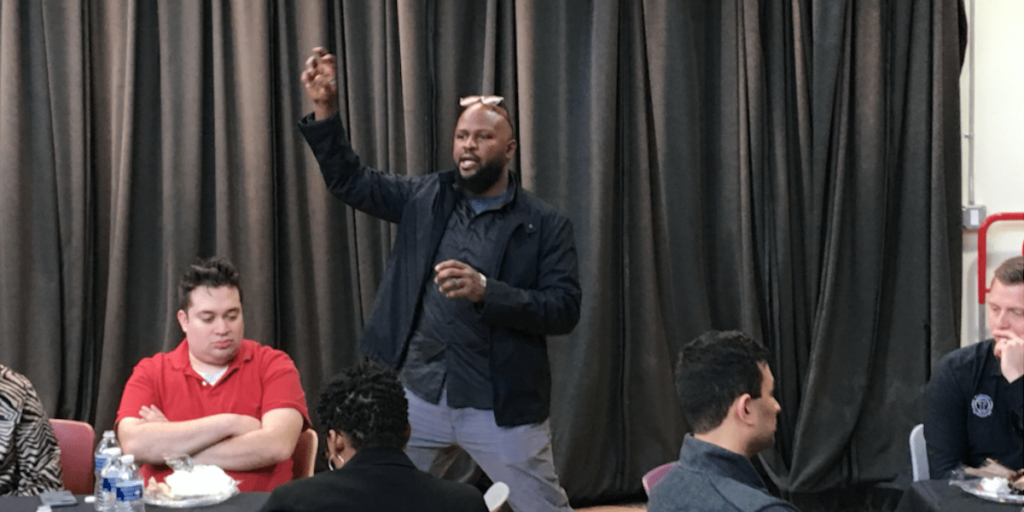
“I’m watching the scene in Minneapolis, Oakland, Washington DC, Seattle and around the country with a sense of pain and agony and despair,” said Dr. Kaleb Rashad, Director of Creative Leadership at the High Tech High Graduate School of Education in San Diego.
“It was sparked by Amy Cooper’s call in Central park, Ahmaud Arbery gunned down while jogging, and then the murder of Geroge Floyd,” said Rashad. “It lit a powder keg 400 years in the making.”
“Because we’ve made a culture of white supremacy, we can’t believe this is all happening,” said Rashad. “It’s a slap in the face for folks in leadership who when accosted they get defensive, they blame the victims.”
“Some of say ‘we’re all in this together,’ but are we really? There’s always been an ontological war about what one group believes about people, said Rashad. “Our civil war was grappling with the question, ‘Am I my brother’s keeper?’ We have a new cold civil war about what we believe.”
Katrina was an ecological disaster and COVID is a biologic disaster, but Black and Brown people have always been on the margins,” said Rashad. “It’s time to recognize that all people are worthy of love and dignity in this democratic experiment.”
Rashad spoke of the history of how Negros were supposed to be educated, how Indians were supposed to be educated and that we’ve always justified a racial cast system, one that exterminated red people and conveyed land and voting rights to white men of property.
“We’re stuck on thinking about a racist cop,” said Rashad. “But we don’t know how to be not racist. We can be racist in the morning and anti-racist in the evening.”
Rashad talked about the biased human algorithms that judge suitability to fly or drive. Tom added mounting concerns about the inherited bias in machine learning algorithms used in policing, sentencing, lending, and hiring. It’s time for a conversation
“What is underappreciated…is a sense of publicness, of being in community together,” said Rashad. “We don’t practice citizenship, we don’t practice democracy. Kids are usually on the receiving end of totalitarian rule at home and at school.”
Lamenting the lack of real opportunities for dialogic listening, Rashad points to Facing History and Ourselves as an example of a program that is less about curriculum and more about young people finding their place in the world.
On education, Rashad said being in relationship with young people is most important followed by supporting them in pursuing topics of interest. On speaking to young people about what’s going on, Kaleb and colleagues struggle. “How do I help my son make sense of current reality?”
He has to warn his sons about going to the mall. Friends warn their sons to avoid white neighborhoods. It’s a twisted take on what Feirer called it reading the world.
“If school leaders are not talking about the reality in their community, they are missing an opportunity,” said Rashad. “How do we help young people make sense of their life in their context?”
“Every young person is an expert in their experience,” said Rashad. “We need to help them find work that matters to them in their community, to help them make a contribution.”
“It’s the intersectionality of justice–culturally, politically, socially–and how can young people contribute.” Rashad continues, “If young people use their context for learning, we can look at environmental injustice that disproportionately impacts Black and Brown communities.”
For Rashad, it’s about social justice plus environmental justice, it’s standing for what you believe matters Students want to do something that has meaning and that makes their world better. What not to do in the next 60 days? Don’t ignore people that serve.
Start by listening to the young people and supporting them and leading on a question that stirs in them and that leads them to be involved in their school. Ask them about the work they care about. Get clear about what’s important to you. Self-inventory goes a long way.
Rashad explains that he sees the need for more of these protests but does not condone violence. People are feeling unheard over and over again. Instead, we could be building structures together and create political systems that help support in doing meaningful work.
Looking forward, how do we use knowledge resources to help communities be intentionally and meaningfully involved in what every school is creating? Start by holding the work with some humility – assume that you don’t know. It’s time to learn from the larger community, make walls more permeable and not segregated from the real world.
This is the time to explore what could be.
Dr. Rashad recommended three books:
- The New Jim Crow by Michelle Alexander
- Race Culture and the City by Stephen Nathan Haymes
- Educating for Eco-Justice and Community by C. A. Bowers
For more, see:
- Making the City the Text at High Tech High
- It’s Not Just About the Projects
- Creating the New Way Forward
Stay in-the-know with innovations in learning by signing up for the weekly Smart Update.


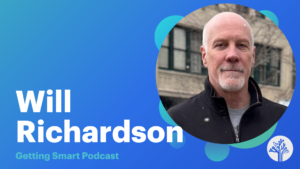

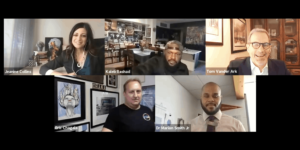
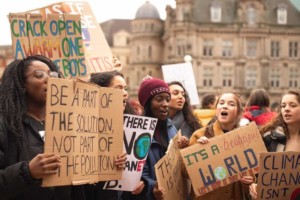
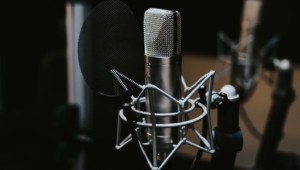
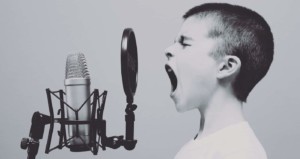
0 Comments
Leave a Comment
Your email address will not be published. All fields are required.